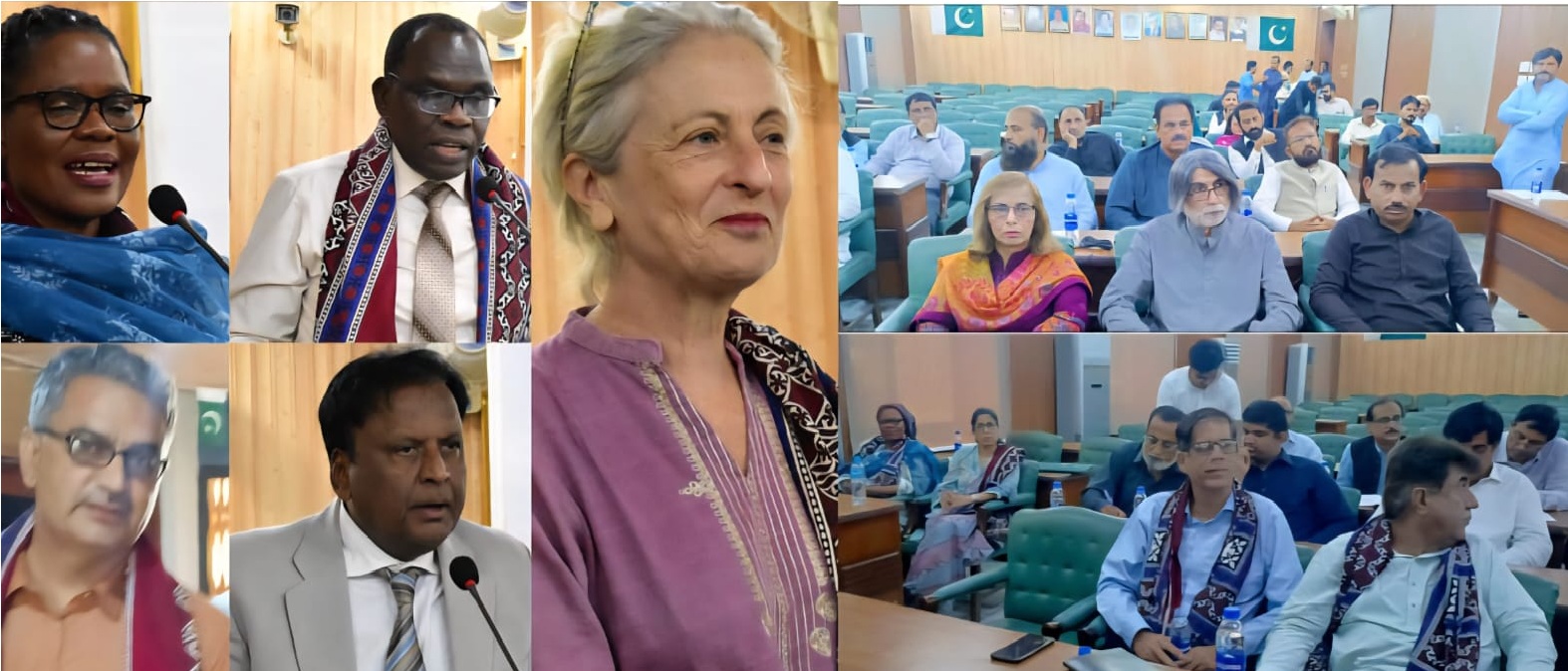Automated Weather Stations Launched in Sindh to Support Climate-Resilient Farming
Sanghar (Hasnain Ashiq Saand) In a collaborative effort to address climate challenges in agriculture, the Food and Agriculture Organization (FAO) of the United Nations, with funding from the Green Climate Fund (GCF), inaugurated a series of Automated Weather Stations (AWS) in Sindh under its project titled "Transforming the Indus Basin with Climate-Resilient Agriculture and Water Management."
As part of the initiative, nine AWS units are being installed in Sanghar, Badin, and Umerkot. These stations will collect real-time data on key weather indicators including temperature, rainfall, wind speed, and soil conditions, which can help farmers optimize irrigation and crop management. The data is also expected to assist researchers and policymakers in formulating climate-responsive agricultural strategies.
A Letter of Cooperation was signed between the Pakistan Meteorological Department (PMD) and the Sindh Irrigation Department for the shared management of these weather stations.
FAO officials, including Dr. Julius Muchiri, highlighted the potential of the AWS system to enhance productivity, reduce climate risks, and support timely decision-making. Representatives from PMD and the Sindh Agriculture University echoed similar views, emphasizing the system's role in improving water management and crop planning.
While the project has been welcomed by many as a step toward technological advancement in farming, its long-term success is expected to depend on sustained collaboration among government departments, timely maintenance of equipment, and access to data for end-users such as farmers and extension workers.
The UN delegation also met Deputy Commissioner Sanghar, Ms. Sarah Javed, and appreciated the cooperation and logistical support provided by the district administration.




Comments (0)